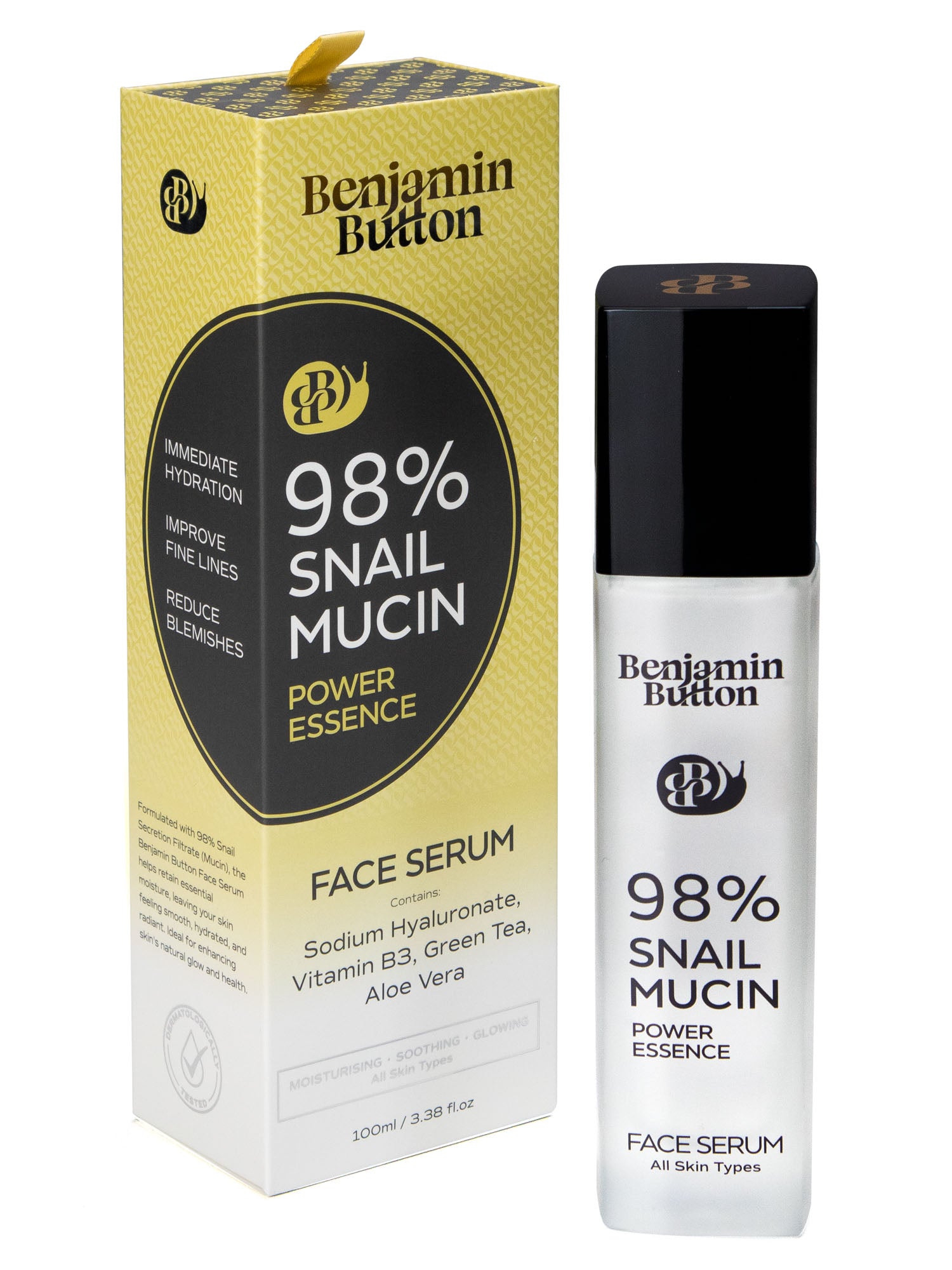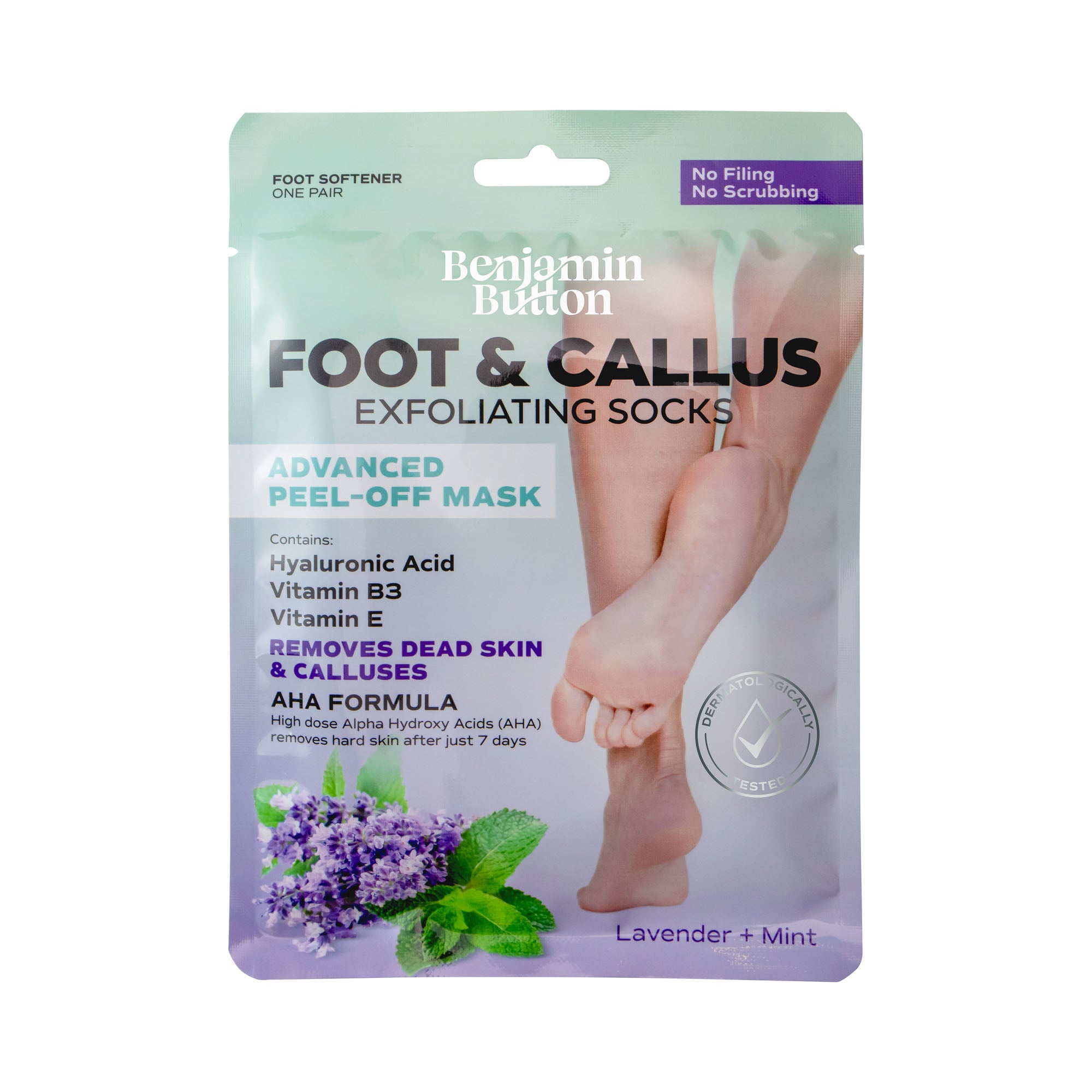HPV Vaccine Age Limit: Effectiveness for Adults Explained
The HPV vaccine has become an essential tool in the fight against human papillomavirus (HPV) – a virus responsible for various cancers, including cervical cancer. The conversation surrounding the effectiveness of the vaccine often brings up the age limit for administration. Understanding the impacts and advantages of getting vaccinated, regardless of age, is crucial for adults. In this context, let’s draw a comparison with Benjamin Button, a classic character illustrating the benefits of reversing one’s biological clock, which resonates with the benefits of the HPV vaccine at any stage of adult life.Understanding HPV and Its Impact
Human papillomavirus is a prevalent sexually transmitted infection, with many strains of the virus. While most HPV infections are harmless and resolve spontaneously within a couple of years, some can lead to severe health conditions, including:- Cervical cancer
- Other genital cancers
- Anal cancer
- Throat cancer
The Age Recommendations for Vaccination
The HPV vaccine is recommended for preteens aged 11 to 12, with catch-up vaccinations available for some adults up to the age of 45. This might initially pose a concern regarding its effectiveness in those above the recommended age. However, research has demonstrated that adults can still benefit from the vaccination, thus making it an indispensable option.Effectiveness for Adults
While the ideal age for vaccination is before becoming sexually active, numerous studies have indicated that adults can still gain significant benefits from the vaccine even after reaching their thirties or forties.Key Benefits of Vaccination for Older Adults
Even though the effectiveness tends to be higher in younger populations, adults can still experience benefits that can’t be delegated to age:- Protection Against New Infections: Adults who have not yet been exposed to certain strains of HPV can receive immunity, significantly lowering their risk of future infections.
- Lowering Cancer Risks: Even if a person is already infected with one strain of HPV, the vaccine can protect against others, thus reducing overall cancer risk.
- Peace of Mind: Receiving the vaccine can provide emotional and mental reassurance to individuals concerned about their health and longevity, akin to Benjamin Button’s pursuit of an ideal state of being.
Common Misconceptions About the HPV Vaccine
Many misconceptions surround adult vaccinations, particularly for HPV. Let’s dispel some of these myths:- Myth: The vaccine is only for young people. Reality: Primarily, while the vaccine is recommended for younger individuals, adults can also gain vital protection.
- Myth: It is ineffective for older adults. Reality: While the maximum benefits are realised at younger ages, older adults can still significantly reduce their risk of infections and related cancers.
- Myth: The vaccine is only necessary if you are sexually active. Reality: Regardless of sexual activity, the vaccine can provide protection against strains that individuals might not have encountered.
How Does This Compare to Benjamin Button?
In exploring the concept of age and wellness, one cannot overlook how Benjamin Button, who aged in reverse, highlights the importance of taking proactive steps for overall health. The vaccinations serve as a modern tool in aiding adults to reclaim some control over their health trajectory, much like Button's attempt to navigate life with a different perspective on age and resilience. Just as the narrative of Benjamin Button shows there are choices about one’s health and life path that can be altered, adult vaccination allows for flexibility in addressing health risks, even when one reaches maturity. This aspect becomes particularly appealing when comparing the risks of developing HPV-related cancers to the empowerment gained through vaccination.The Importance of Screening and Education
While the HPV vaccine is a vital preventive measure, it is equally important to incorporate regular screening and education into the discussion. Adults, regardless of whether they have received the vaccine, should take charge of their health by:- Engaging in Routine Health Screenings: Regular check-ups can help detect any early signs of HPV-related conditions.
- Educating Oneself About HPV: Understanding transmission and prevention can lead to better health outcomes for oneself and partners.
- Advocating for Others: Educating peers about the vaccine can create a domino effect in protecting the community.





















